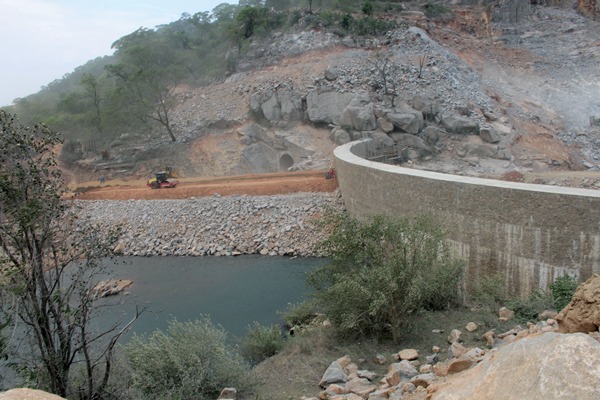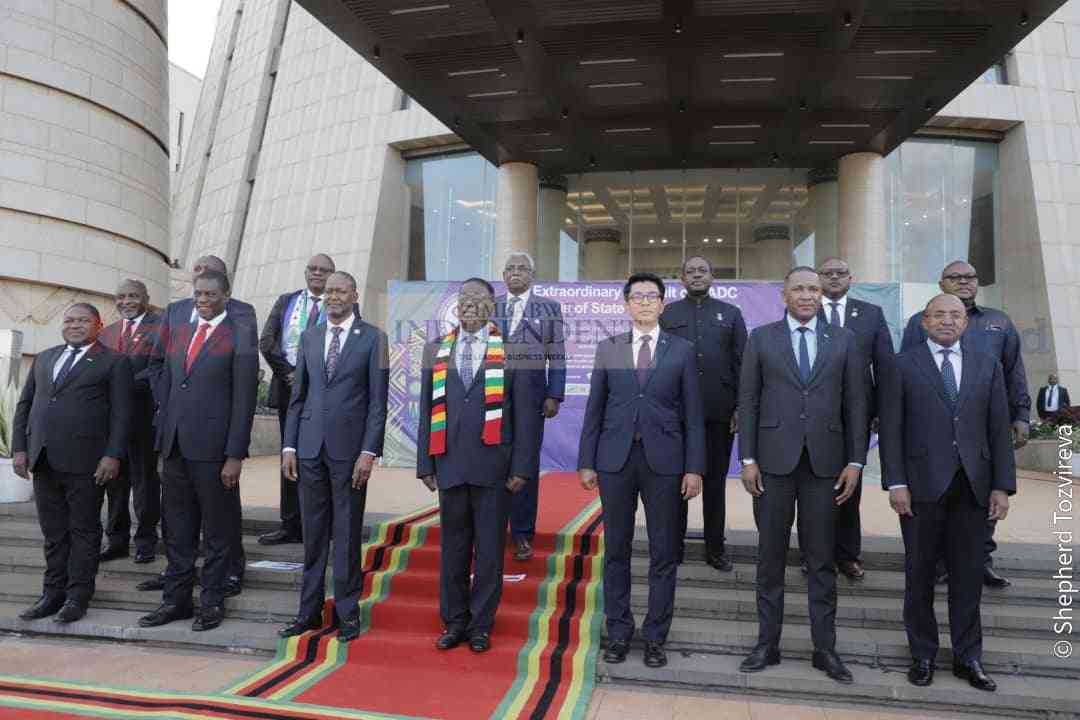
editorial comment
IS it not a serious misnomer that six years after thousands of villagers were uprooted from their homes up and downstream of Tugwi-Mukosi Dam, they are still living like nomads south of their former homes? The villagers were displaced in the wake of the construction of the dam in 2014 and were promised to be among the very first beneficiaries of the multi-billion dollar projects that would arise from the dam’s creation through access to irrigation water, among many other benefits.
During the construction of the dam, fantastic figures were thrown around such as that 25 000 hectares of land would be irrigated downstream — turning parched and barren rural lands into greenbelts. The land was over and above that which would be irrigated in the Lowveld’s sugar plantations.
And despite the dam having filled to the brim once already – meaning that it had achieved its 1,8 billion cubic litres maximum capacity before drought recently whittled it down to below 50%, there has been very little progress in shoring up the economic value of the country’s largest inland lake to a point that the displaced villagers are now reportedly deserting their temporary homes at Chingwizi camp where they have been crowded like refugees on one-hectare plots.
Tugwi-Mukosi has arguably become one of the biggest examples of complete government failure in administering the vast resources that this country possesses. Surely, how can such a major and critical resource be turned into a white elephant in a country that is staring starvation straight in the eye? What happened to the many other plans to establish fisheries, a game park, chalets and various other projects that would have boosted the economy of not only Masvingo’s drought-prone Chivi district, but the entire nation? What politics is holding back the dam’s potential? Does the Tugwi-Mukosi case not prove beyond any reasonable doubt that the majority of Zimbabwe’s socio-economic problems are man-made? What excuses does the government have for allowing 1,8 billion cubic litres of water to simply go to waste?
Honestly, this is unacceptable and rubbishes all talk that Zimbabwe’s current economic woes are a result of the United States sanctions. We demand answers if government is not prepared to admit that it has dismally failed the nation because it cannot allow a critical resource which chewed billions of taxpayers’ money to be turned into a white elephant.











